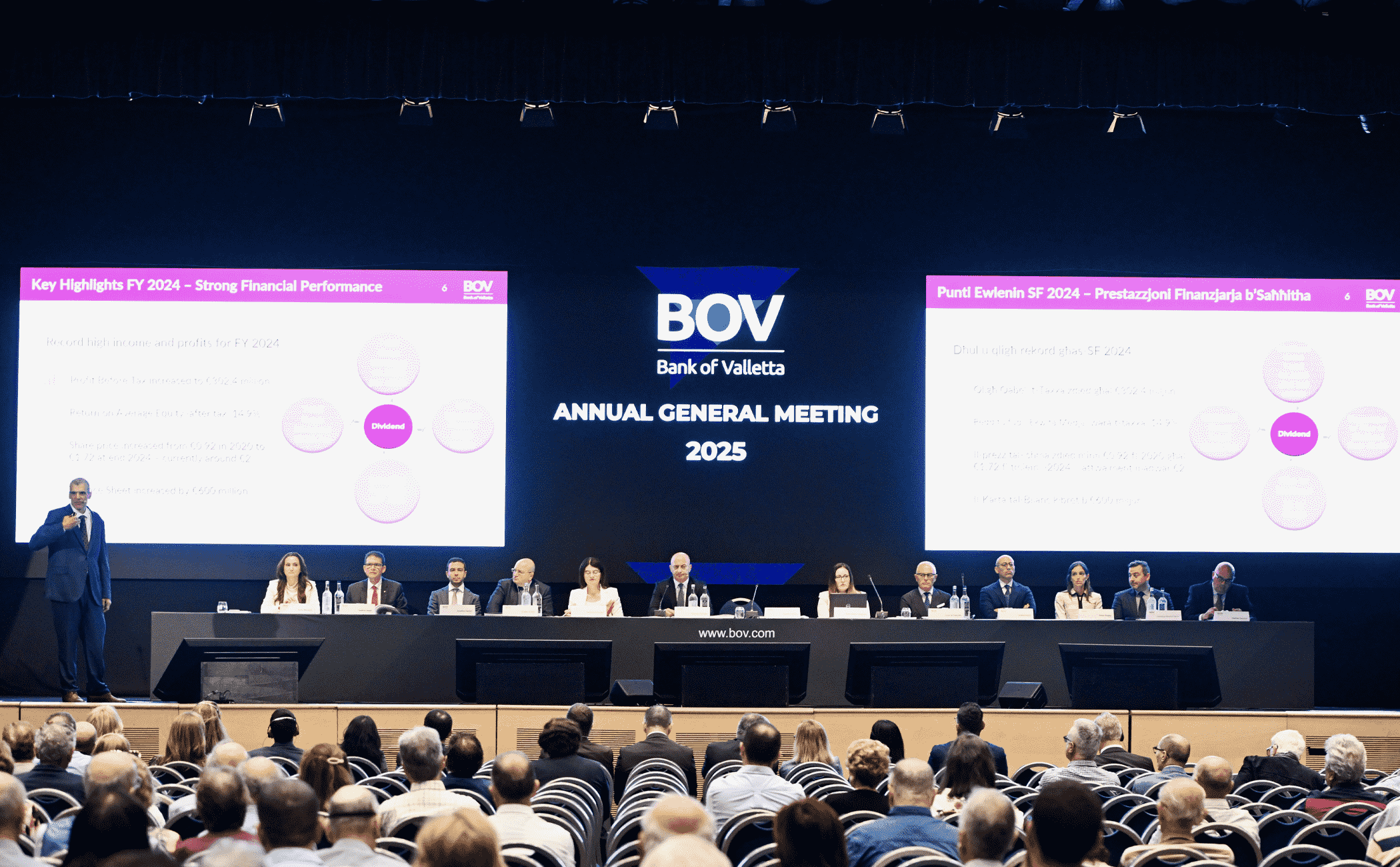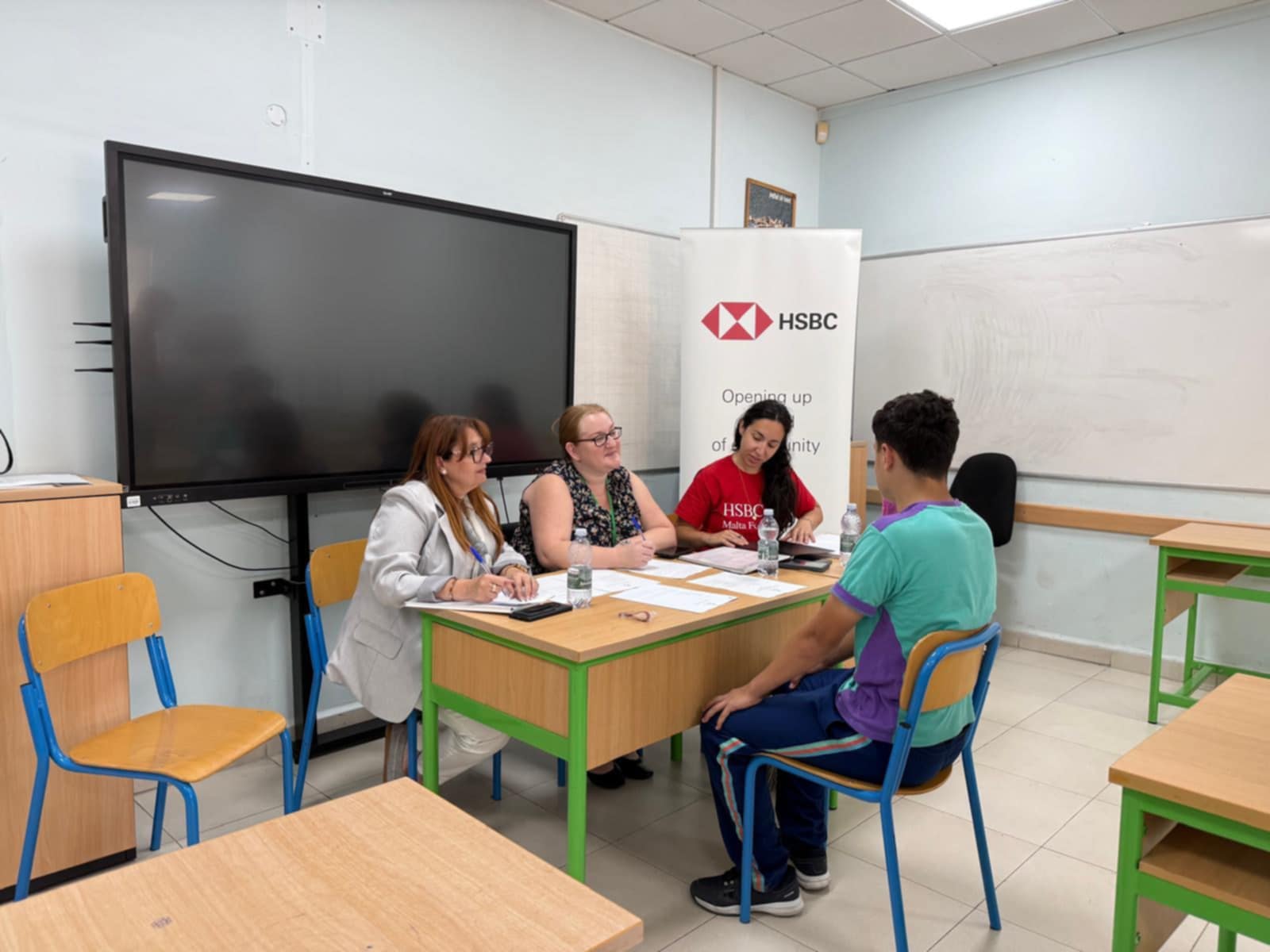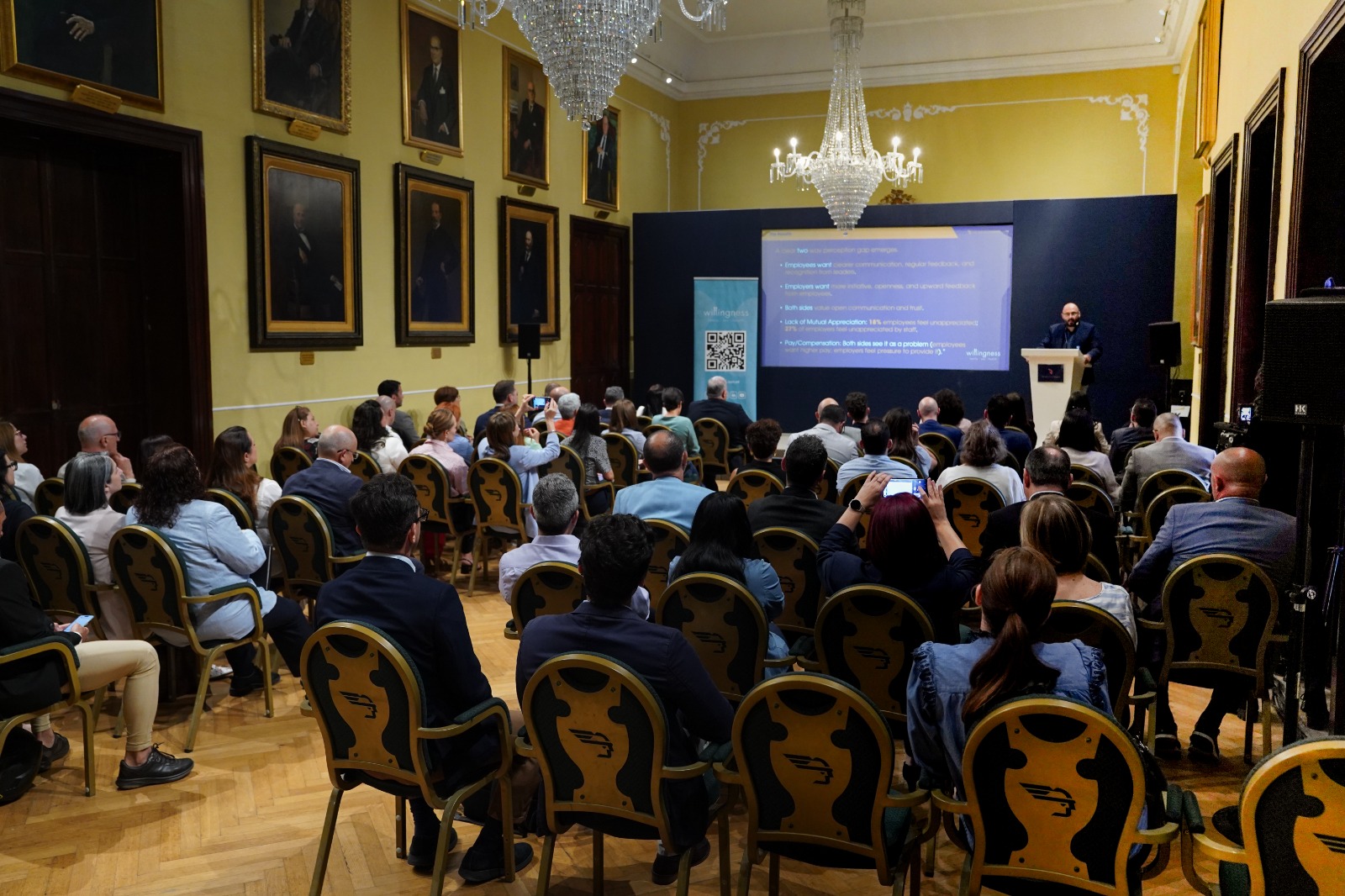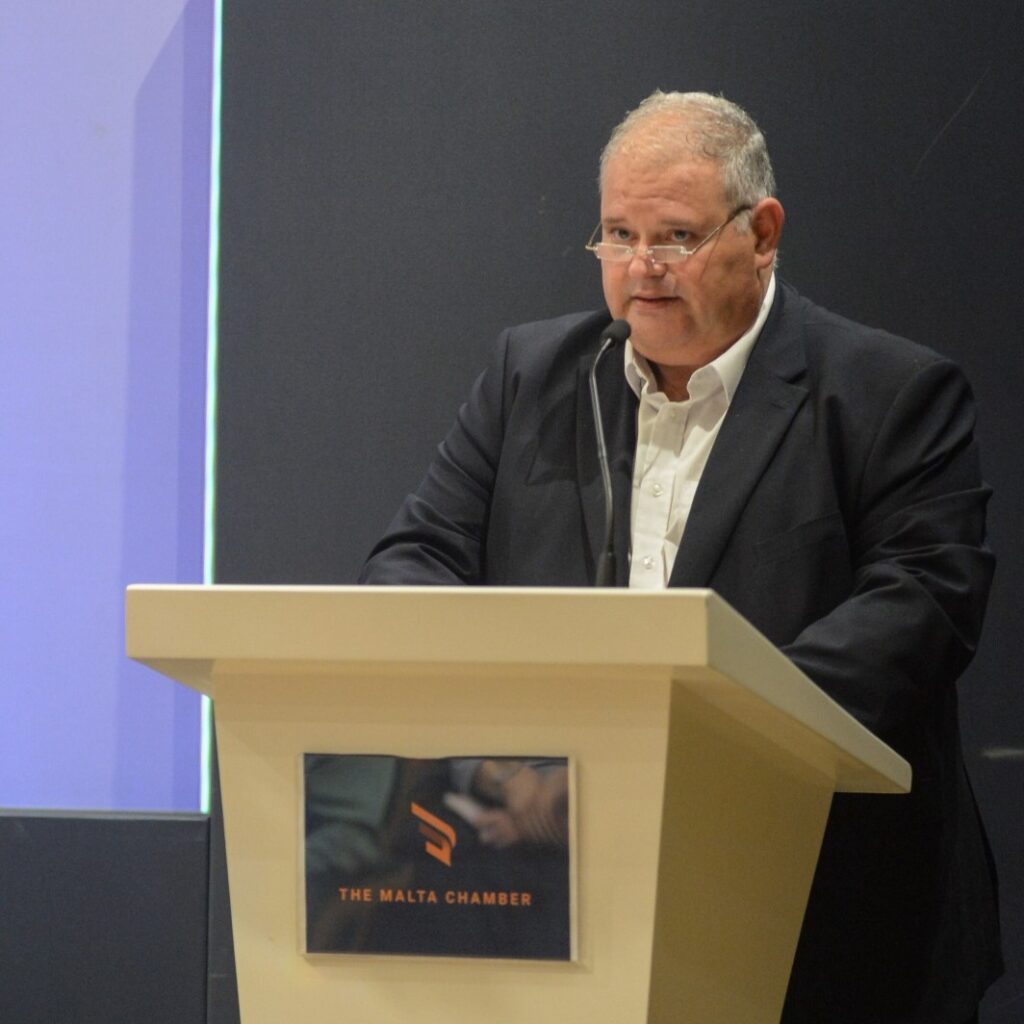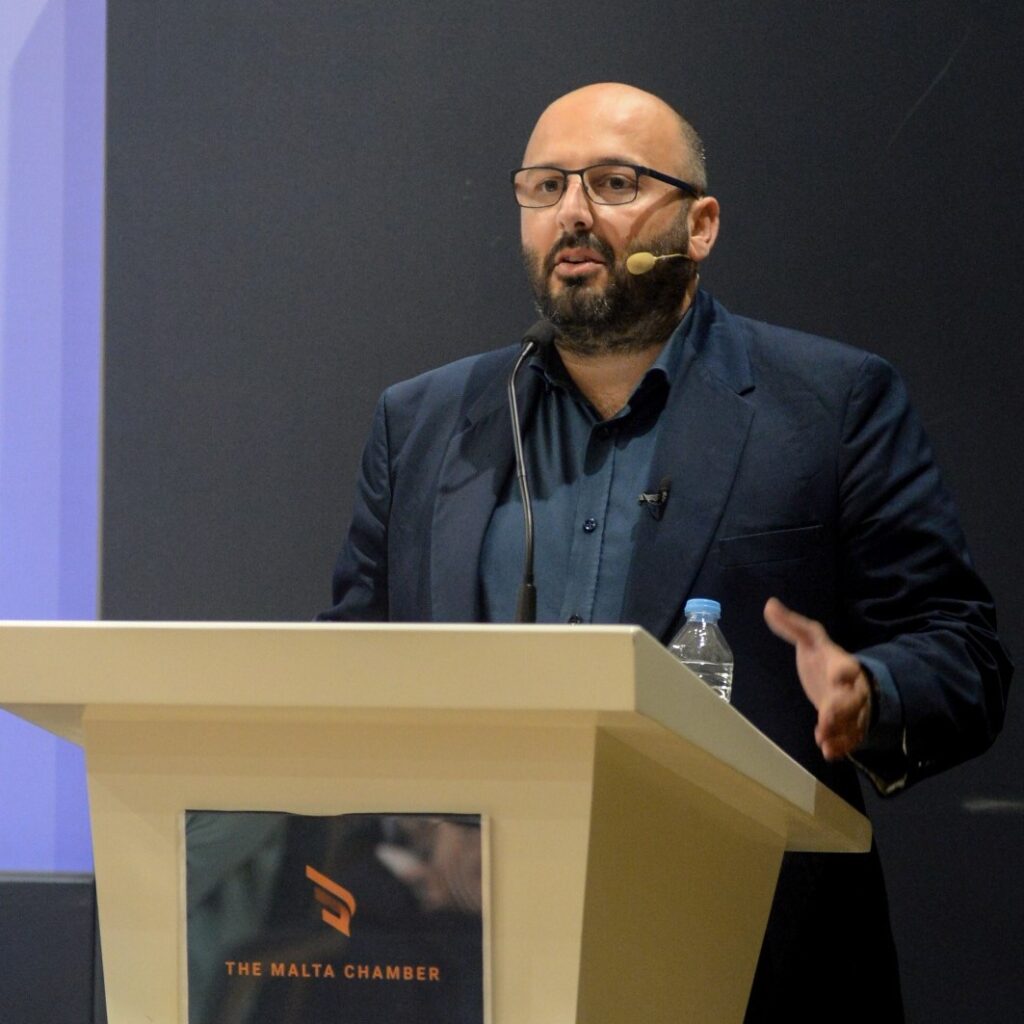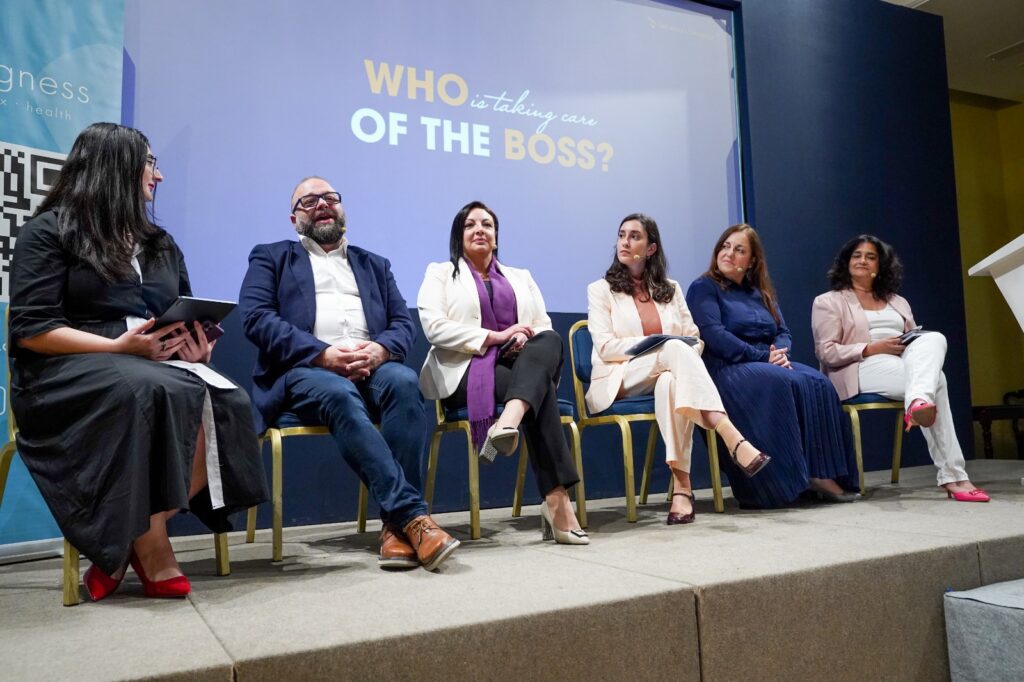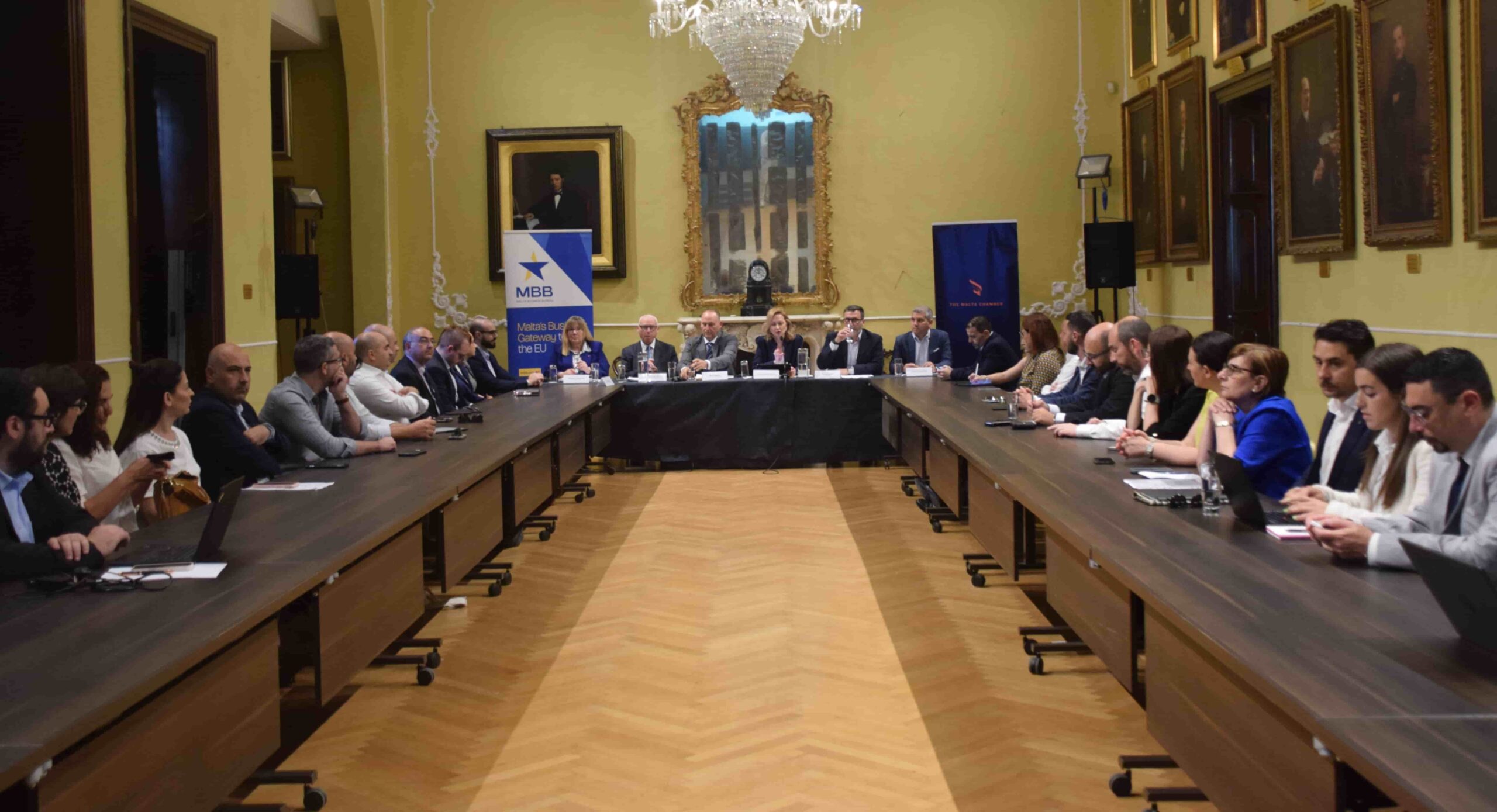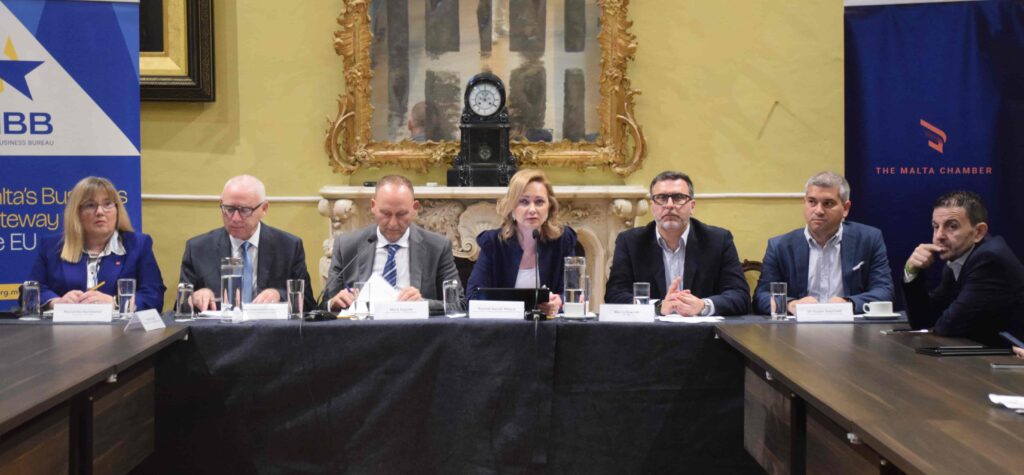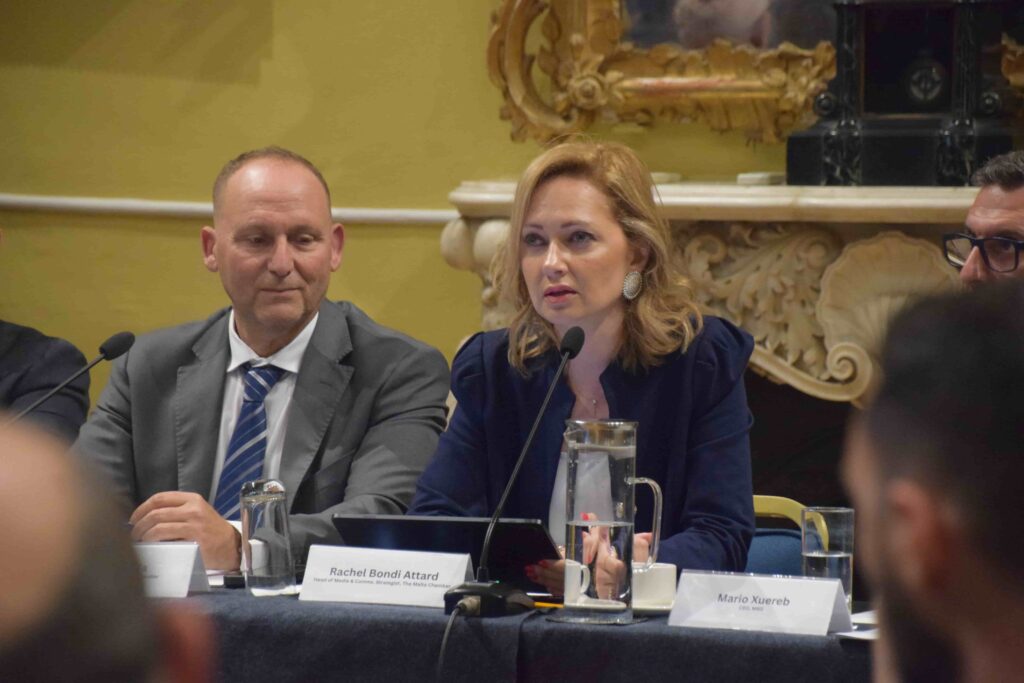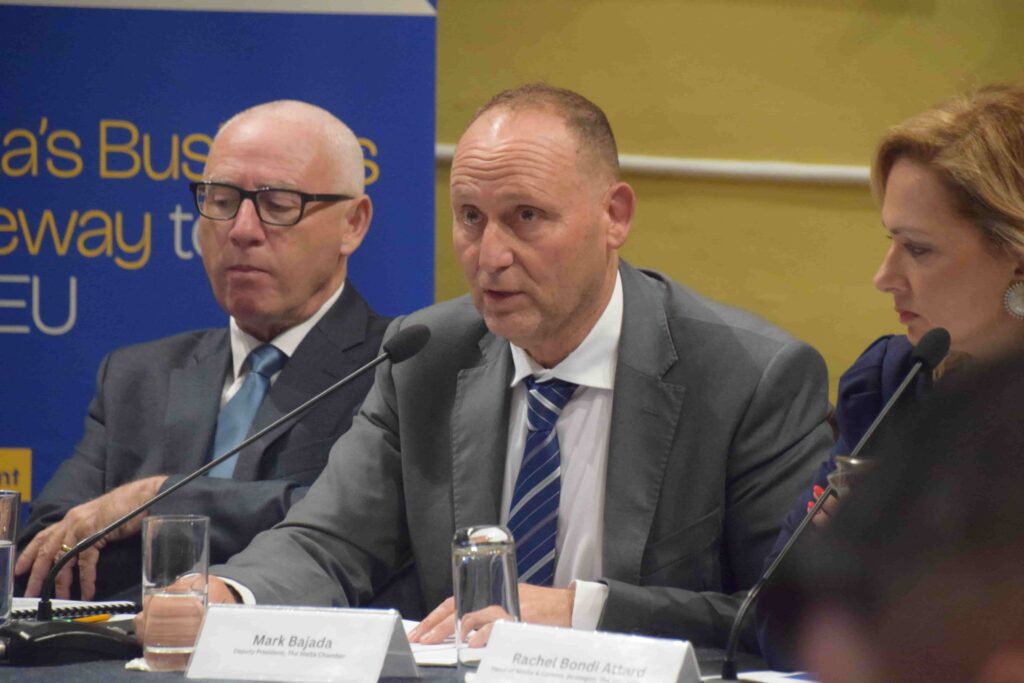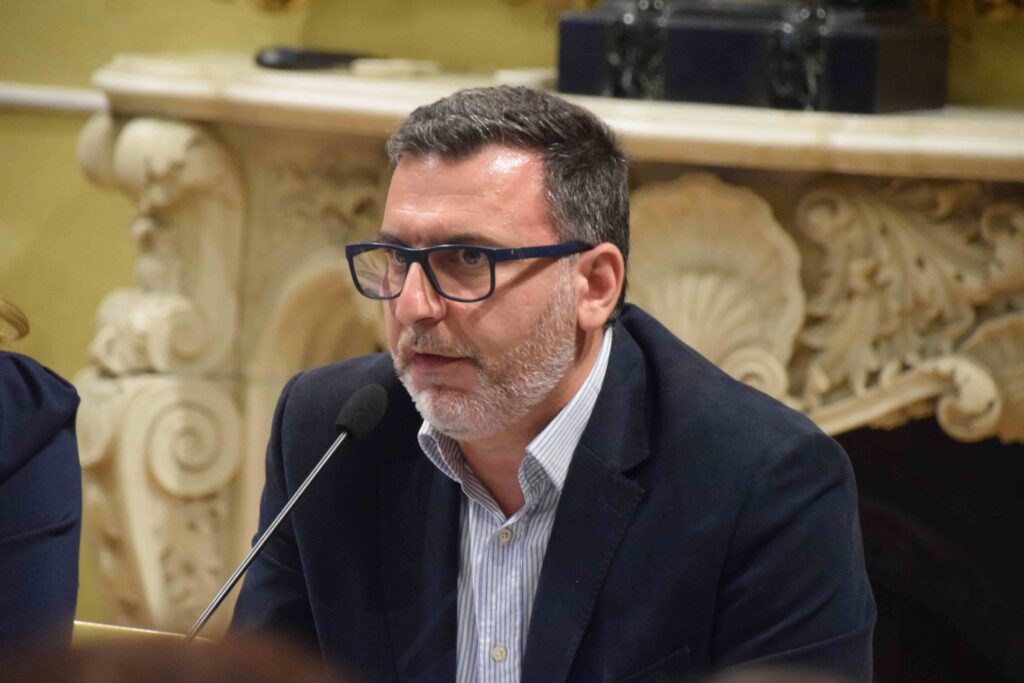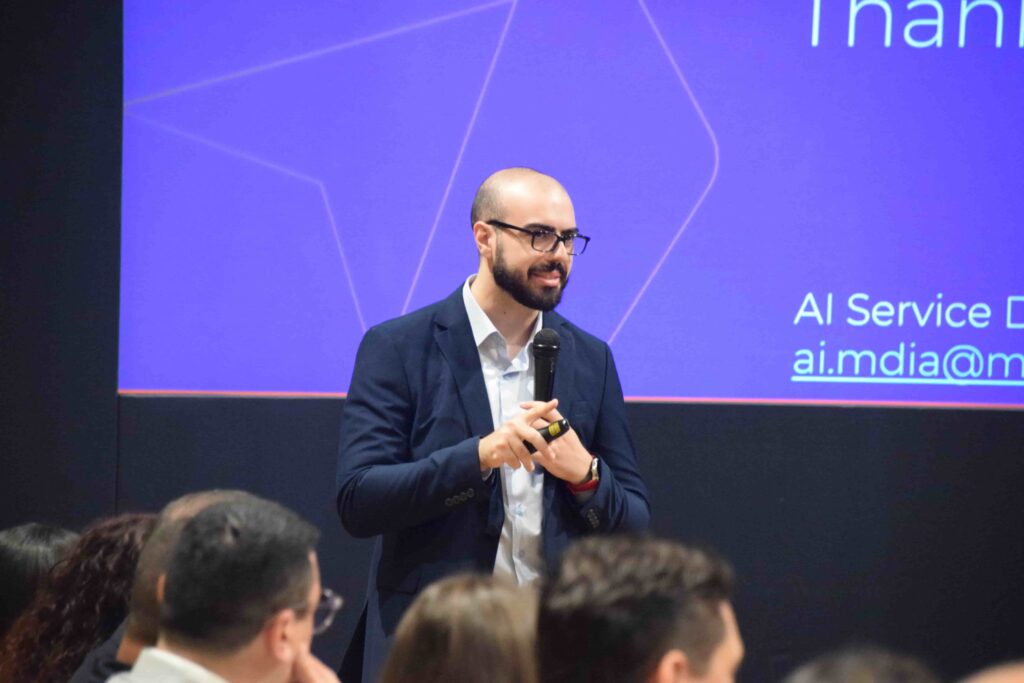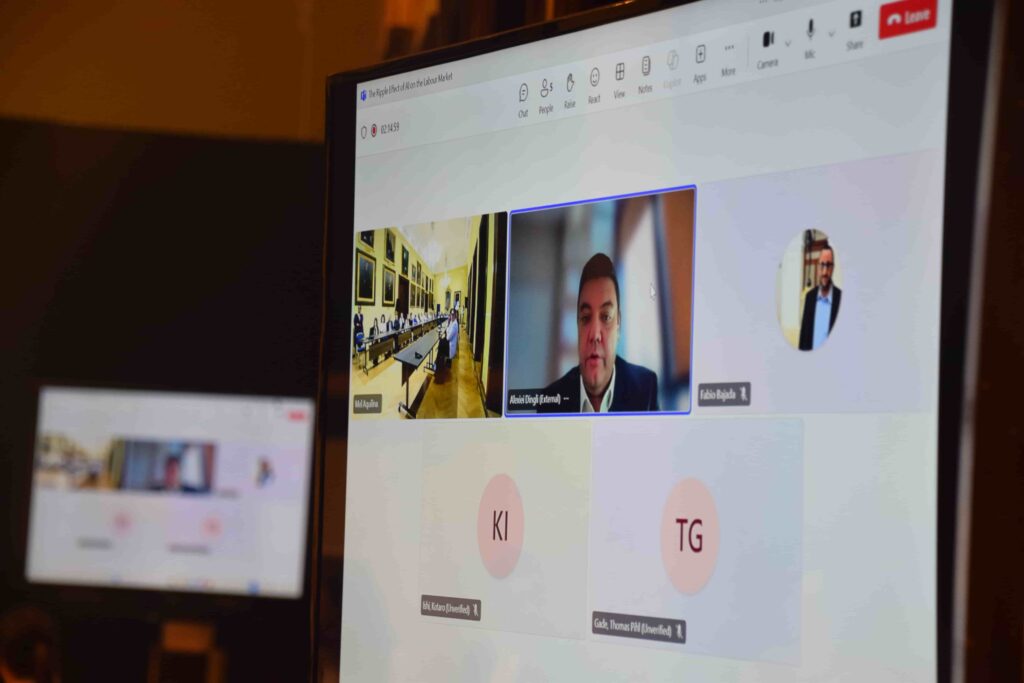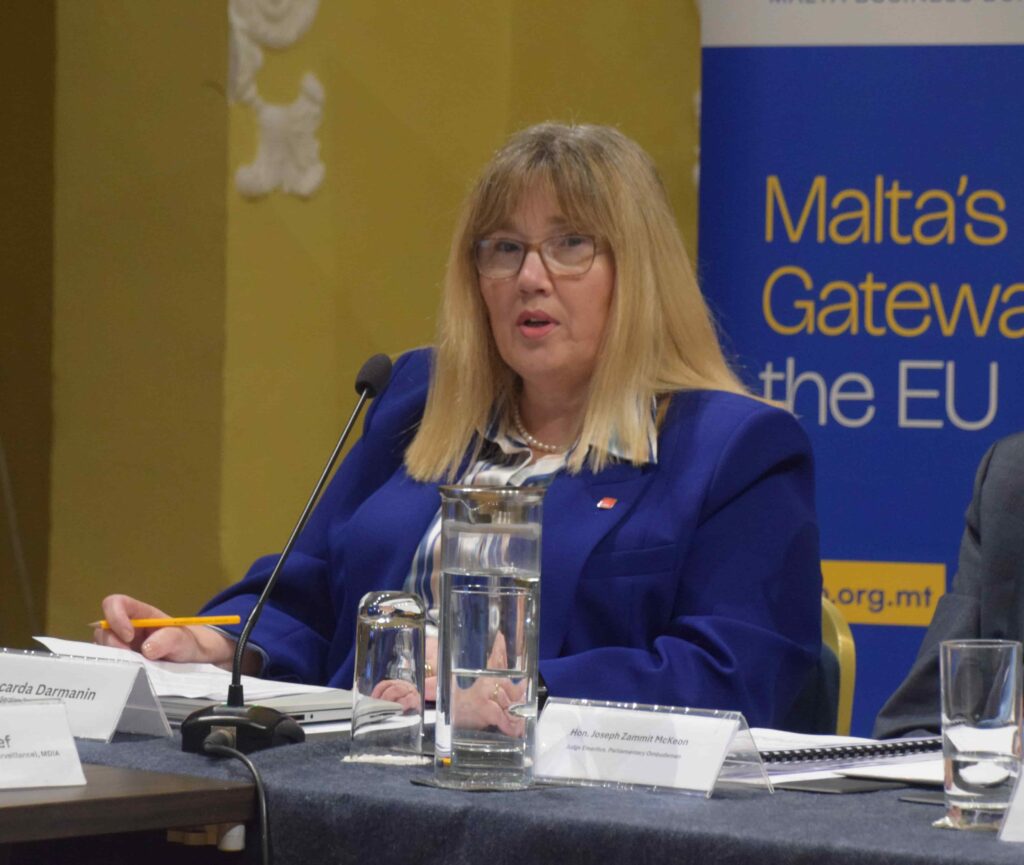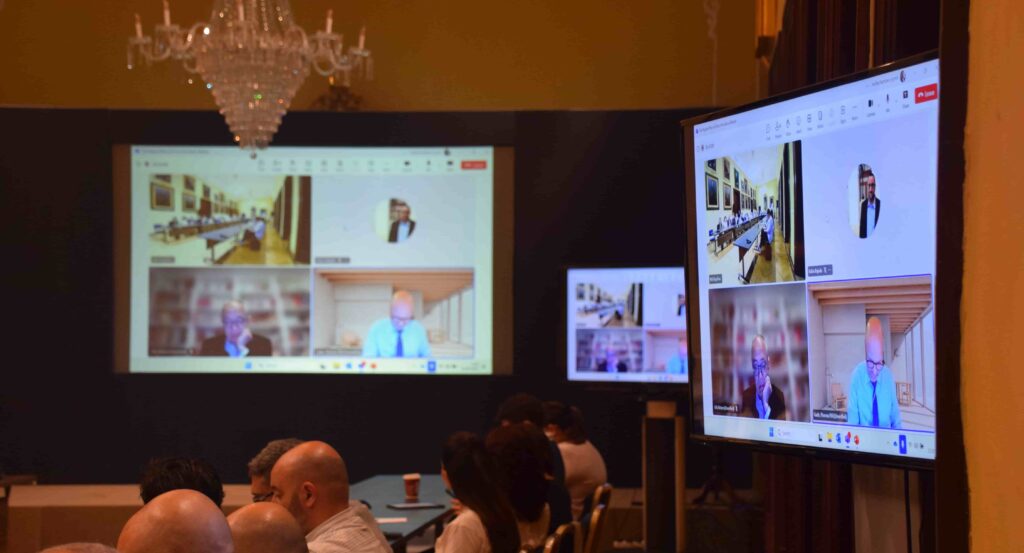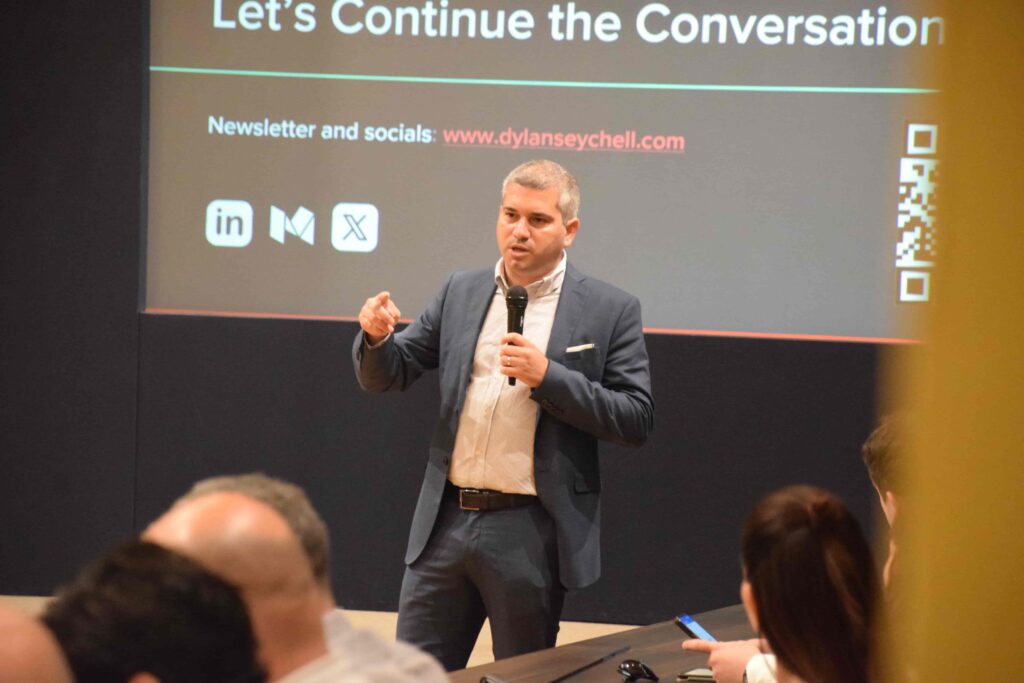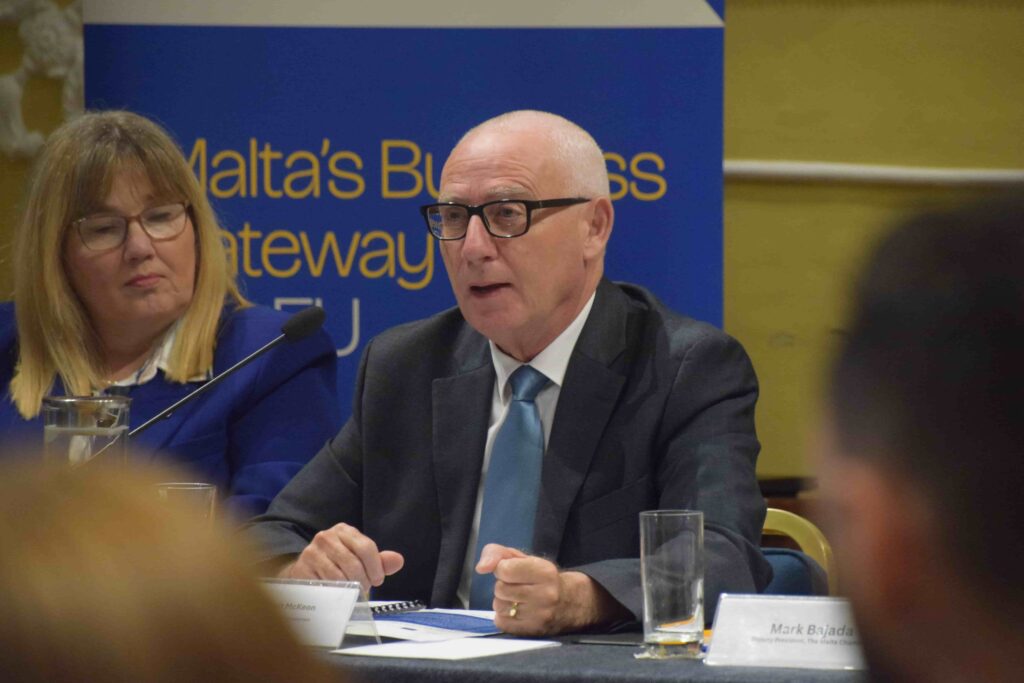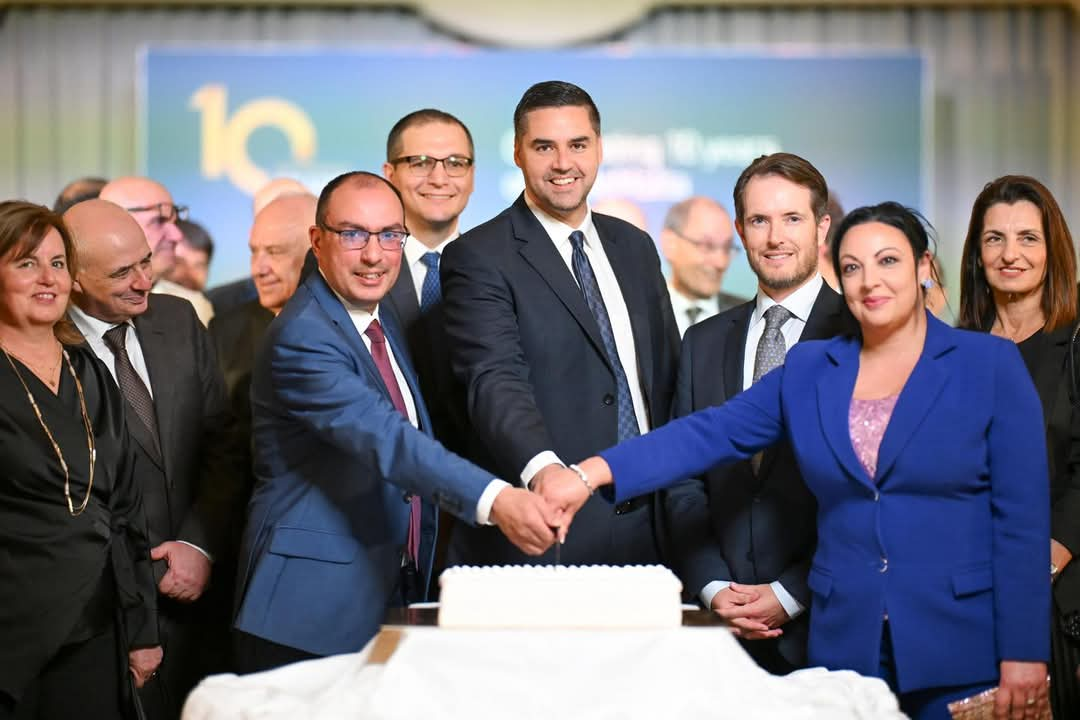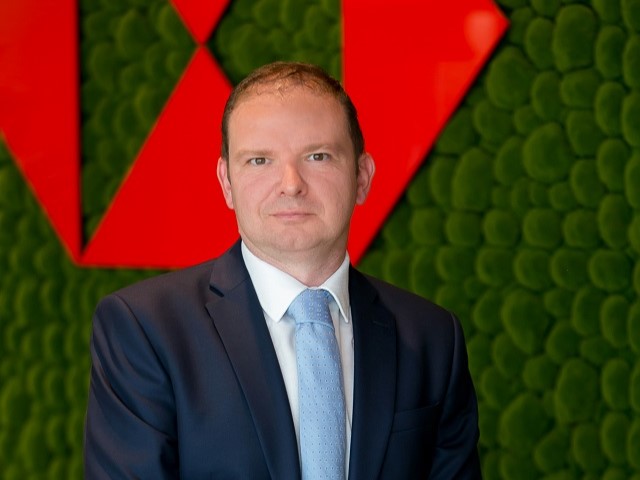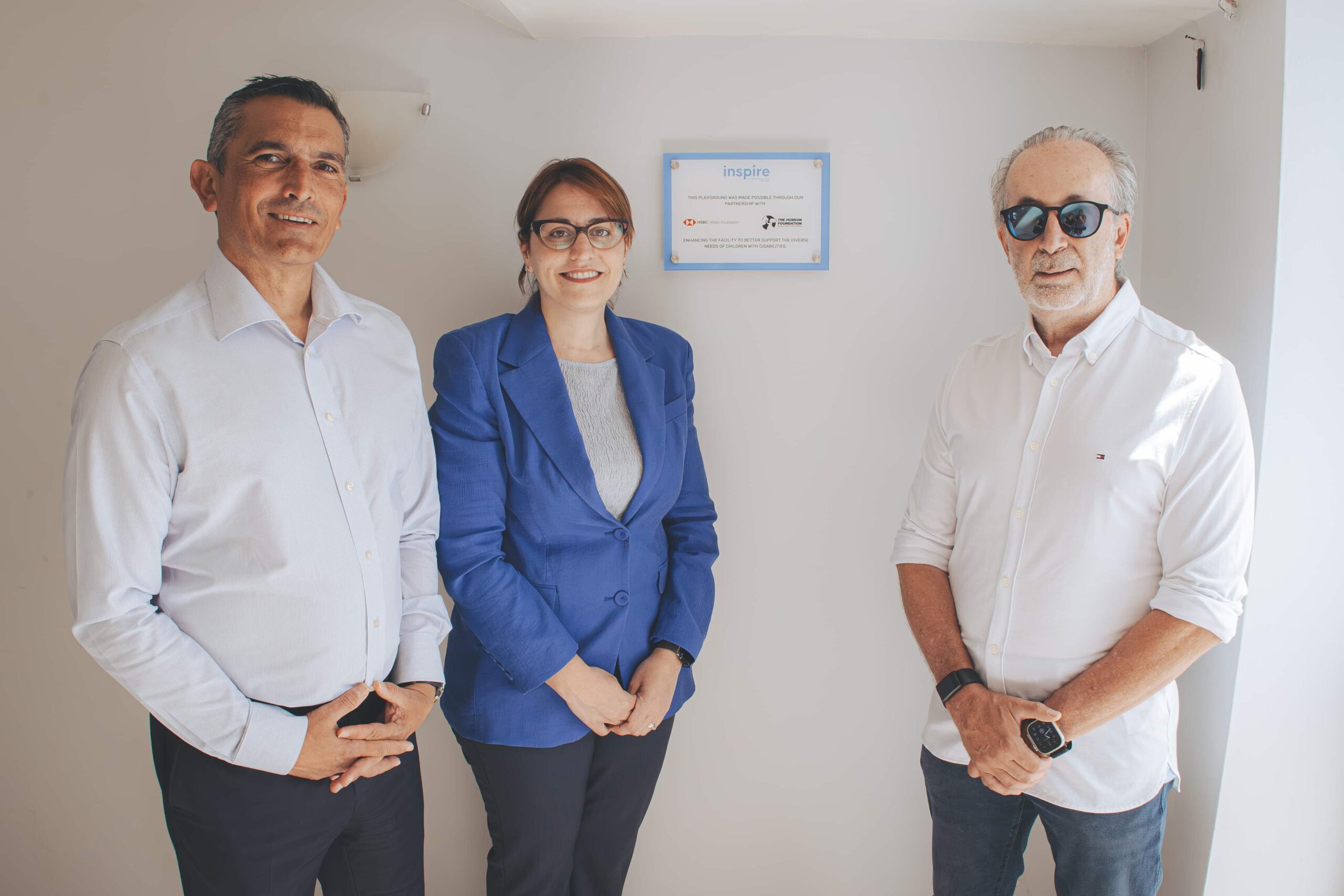During Bank of Valletta’s 51st Annual General Meeting, BOV shareholders approved a record dividend payout, a share buyback programme, and a bonus share issue.
The Bank’s Chairperson Dr Gordon Cordina and CEO Kenneth Farrugia addressed the shareholders present, highlighting the Bank’s positive performance for 2024 and outlined the Group’s plans for the year. At the meeting, shareholders approved:
- a record gross dividend payout of €0.2238 per share for the Financial Year 2024, totalling €130.7 million. This dividend is the highest in the past ten years;
- a Share Buyback Programme that could involve buying up to 2,800,000 shares (pre-bonus issue) from shareholders to enhance trading liquidity. Further information on this program, which is still subject to regulatory approval, will be issued by the Bank over the coming months; and
- a bonus share issue where shareholders listed on the register as at 26th June 2025 will receive one additional share for every ten shares they hold. This initiative aims to further enhance shareholder value.
This year’s AGM also saw the appointment of two new non-executive directors to the board.
“Providing added value to our shareholders, customers, and the Maltese economy” – Dr Gordon Cordina
Addressing shareholders, Chairperson Dr Gordon Cordina commented on the Bank’s strong, sustainable market position as Malta’s leading financial services institution. He explained that the Bank has generated value to its shareholders in excess of €520 million since 2020, mainly due to dividend payouts and a notable increase in BOV’s share value. “Today we are putting forward a number of initiatives that will continue to add value to our shareholders, who have placed their trust in the Bank and who in turn seek adequate returns on their investment.
Our commitment remains steadfast, as we maintain a proactive approach to optimising our balance sheet, strengthening our financial returns, and ensuring sustainable profitability over the longer term. We have an ambitious program to digitalise processes, ensure that risk and compliance are embedded in our business and operational model, and maintain high capital and liquidity buffers that will support the bank in its growth ambitions. The resolutions put forward for approval are all aimed at providing added value and giving our trusted shareholders the returns they deservedly expect”.
The Chairperson also thanked the outgoing board members for their contribution to the work of the Board over the past years.
“Navigating from Good to Great” – Kenneth Farrugia
In his address to shareholders, Bank of Valletta CEO Kenneth Farrugia provided key highlights of the Bank’s strong financial performance for 2024 and highlighted several key strategic and business initiatives that were implemented over the period under review and others that are currently being taken forward by the Bank.
“The strategy we have implemented over the past years aims to position the Bank favourably for future growth. Central to our strategic journey is the service provided to our personal and business customers. We have enhanced our customer service experience considerably by upgrading our branches, rolling out a program to implement the next generation of ATMs, introducing the concept of financial well-being, launching new digital services such as BOV SmartPay, SEPA Instant Payments, and refining our onboarding and lending processes.
Looking forward, we will soon be launching a new internet and mobile banking platform and will be further announcing other service enhancements in the commercial banking pillar. We will continue to lead by example in the area of sustainability, through the provision of attractive green lending and investment products. Our commitment to the Community also remains at the core of our operations, through a wide-reaching CSR program. Finally, our promise is to keep investing heavily in human capital through extensive learning and development programs, enabling us to retain and further attract the best talent and continue taking the Bank in its journey from good to great.”
Composition of the new Board
The new Board will be composed as follows:
GORDON CORDINA – CHAIRPERSON AND NON-EXECUTIVE DIRECTOR
NICOLA ANGELI – NON-EXECUTIVE DIRECTOR
INGRID AZZOPARDI* – NON-EXECUTIVE DIRECTOR
CHRISTIAN BONNICI WEST – NON-EXECUTIVE DIRECTOR
DIANE BUGEJA – NON-EXECUTIVE DIRECTOR
KENNETH FARRUGIA – EXECUTIVE DIRECTOR
ANATOLI GRECH – EXECUTIVE DIRECTOR
ANITA MANGION – NON-EXECUTIVE DIRECTOR
HADRIAN SAMMUT – NON-EXECUTIVE DIRECTOR
DEBORAH SCHEMBRI – NON-EXECUTIVE DIRECTOR
JONATHAN SPITERI – NON-EXECUTIVE DIRECTOR
ROBERT SUBAN – NON-EXECUTIVE DIRECTOR
SUE VELLA* – NON-EXECUTIVE DIRECTOR
* Subject to regulatory approval and the appointment date shall be deemed to be the date of receipt of regulatory approval.
